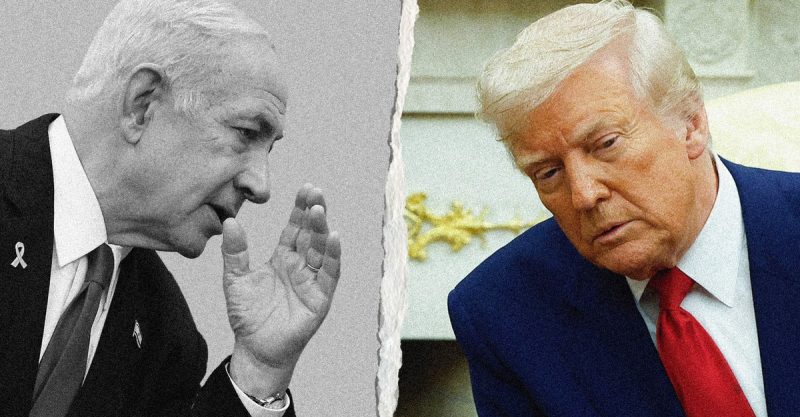
Donald Trump’s recent Middle Eastern tour conspicuously omitted a stop in Israel, a move that has sent ripples of concern through the region and raised questions about the future of the US-Israel alliance. The President’s justification – that his strengthened alliances with Saudi Arabia, the UAE, and Qatar ultimately benefit Israel – rings hollow to many observers. This perceived snub is only the latest in a series of actions that suggest a growing divergence between the two nations’ strategic priorities.
While many Israelis initially welcomed Trump’s reelection, believing he would be a stronger advocate for their interests than his opponent, recent events are testing that faith. During his first term, Trump’s actions, such as moving the US embassy to Jerusalem and withdrawing from the Iran nuclear deal, were largely seen as favorable to Israel. However, his current administration’s approach to the region paints a different picture, with policies that seem to actively undermine the agenda of Prime Minister Benjamin Netanyahu.
The noticeable absence of Israel from Trump’s itinerary signals a shift in priorities. It suggests that Israel’s concerns are no longer at the forefront of US Middle East policy, a stark contrast to the traditionally close relationship between the two countries. This perceived downgrading of the alliance raises concerns about the future stability of the region and the implications for Israel’s security.
The situation is further complicated by Trump’s ongoing efforts to forge stronger ties with other regional players, potentially at the expense of traditional alliances. This strategic recalibration, if pursued aggressively, could leave Israel feeling increasingly isolated and vulnerable. The coming months will be crucial in determining whether this is a temporary cooling of relations or a more profound shift in the US-Israel partnership.










